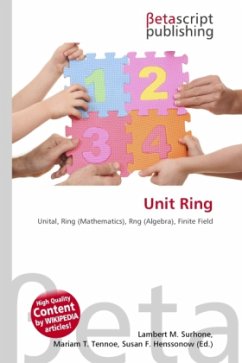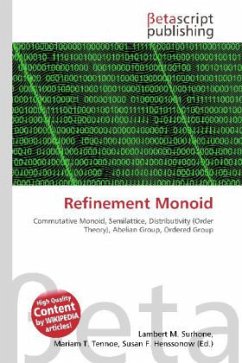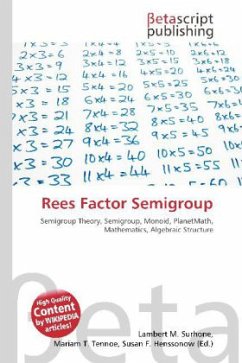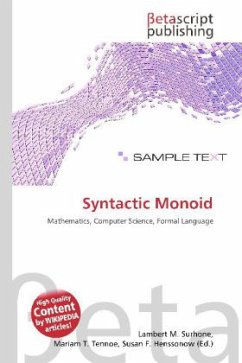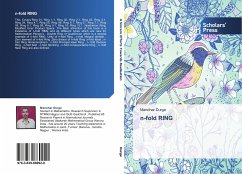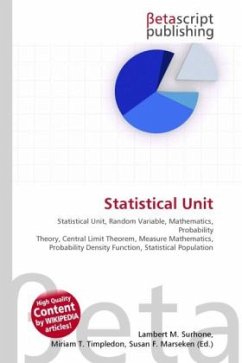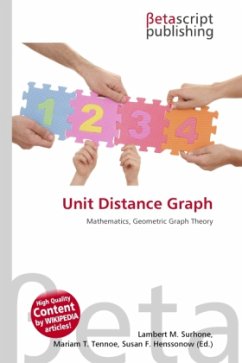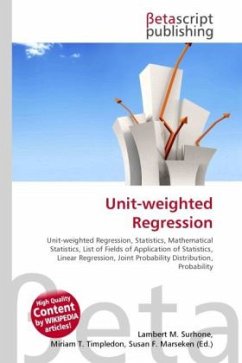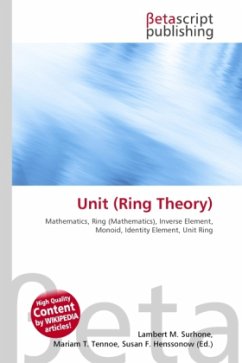
Unit (Ring Theory)
Versandkostenfrei!
Versandfertig in 6-10 Tagen
23,99 €
inkl. MwSt.

PAYBACK Punkte
12 °P sammeln!
High Quality Content by WIKIPEDIA articles! In mathematics, an invertible element or a unit in a (unital) ring R refers to any element u that has an inverse element in the multiplicative monoid of R, i.e. such element v that uv = vu = 1R, where 1R is the multiplicative identity element. Unfortunately, the term unit is also used to refer to the identity element 1R of the ring, in expressions like ring with a unit or unit ring, and also e.g. 'unit' matrix. (For this reason, some authors call 1R "unity", and say that R is a "ring with unity" rather than "ring with a unit".) If 0 1 in the ring, th...
High Quality Content by WIKIPEDIA articles! In mathematics, an invertible element or a unit in a (unital) ring R refers to any element u that has an inverse element in the multiplicative monoid of R, i.e. such element v that uv = vu = 1R, where 1R is the multiplicative identity element. Unfortunately, the term unit is also used to refer to the identity element 1R of the ring, in expressions like ring with a unit or unit ring, and also e.g. 'unit' matrix. (For this reason, some authors call 1R "unity", and say that R is a "ring with unity" rather than "ring with a unit".) If 0 1 in the ring, then 0 is not a unit. If 0 1 and the sum of any two non-units is not a unit, then the ring is a local ring. The units of R form a group U(R) under multiplication, the group of units of R. Other common notations for U(R) are R , R×, and E(R) (for the German term Einheit). In a commutative unital ring R, the group of units U(R) acts on R via multiplication. The orbits of this action are called sets of associates; in other words, there is an equivalence relation ~ on R called associatedness such that r ~ s means that there is a unit u with r = us.



